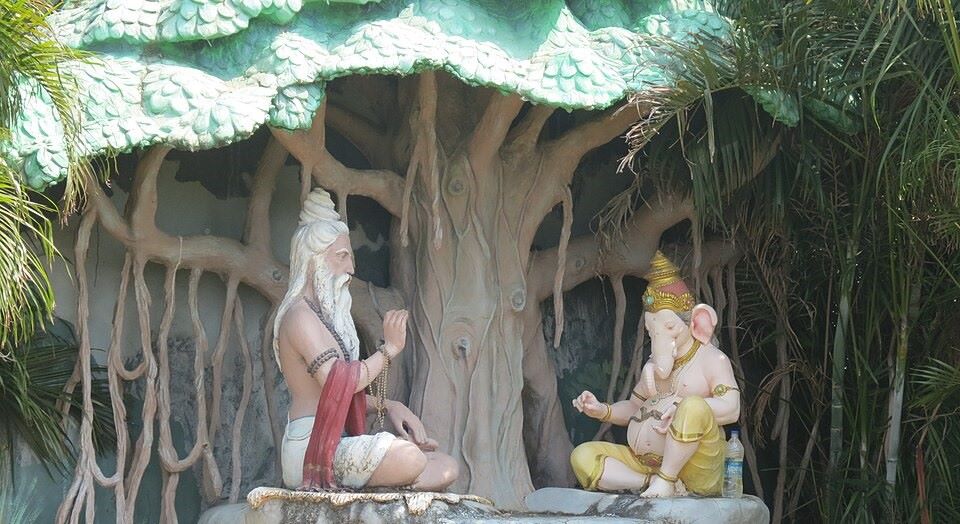Chitrangada Chitrangada is a renowned female character from the epic Mahabharata. She is the wife of the valiant Arjuna and the princess of the kingdom of Manipur. Her father, King Chitravahana, raised her as a son due to the absence of a male heir. He ensured she was skilled in all forms of knowledge and Read More
Category: Mahabharatam
The Mahabharatam is the largest and unique epic of our land. It is a narrative of Bharata Vamsha, clan of Kings and warriors belonging to one family.
Bhanumati (Wife of Duryodhana) – Epic Character from Mahabharatam
Bhanumati (Wife of Duryodhana) Mandodari the wife of Ravana, the demon king of Lanka and Bhanumati the wife of Duryodhana the prince of the Kaurava dynasty, were the two women characters we come across in the great Indian epics Sri Ràmàyana and Sri Mahabharata respectively. They were highly pious and helpless witnesses in the face Read More
Devaki – The Most Blessed Mother
Devaki, the mother of Lord Krishna “Vasudev’s son is the divine, the slayer of Kamsa and Chanura. Devaki’s supreme joy, I bow to Krishna, the guru of the world.” Devaki, the mother of Lord Krishna, was the daughter of Devaka and the niece of King Shurasena of the Mathura kingdom. She was wedded to Vasudeva, Read More
Sanjaya – A Character from Mahabharatham
Sanjaya – The Man with a DIVINE Mission Sanjaya was the charioteer and advisor of the blind King, Dhrutarashtra. He came from a family of charioteers and his father was Rishi, Gavalgana. He was a disciple of the sage Veda Vyasa and an ardent devotee of Lord Krishna. He was popularly known for depicting the Read More
The Mahabharatam in a glance (18 Parvas)
Mahabharatam The Mahabharatam is the largest and most unique epic of our land. It is a narrative of Bharata Vamsha, the clan of Kings and warriors belonging to one family. It is a very comprehensive and exhaustive epic of all times. It is wrongly construed as mythology, while it is the History of Bharata Varsha, Read More



